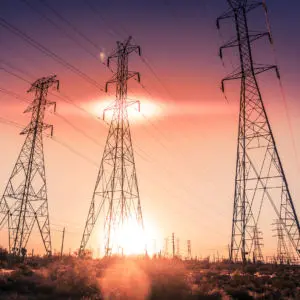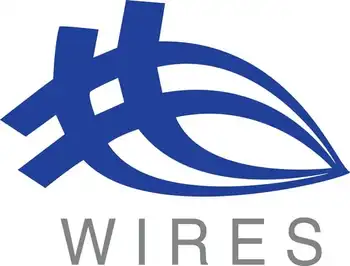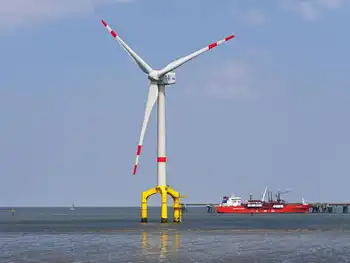Only 10,000 Florida utility customers sign up for Sunshine Energy program
About 10,000 of the 3.6 million residential customers have volunteered for Sunshine Energy, says FPL spokeswoman Pat Davis.
Each volunteer is buying 1,000 kilowatt-hours of renewable energy - wind, solar or other environmentally friendly sources - that is purchased from places outside Florida.
In addition, the utility plans to announce soon a solar project somewhere in Miami-Dade County - probably panels on building tops. The panels will provide about 150 kilowatt-hours of power - enough electricity for the equivalent about 20 homes. If more people sign up for Sunshine Energy, FPL will expand the solar program.
Environmentalists say the program doesn't go far enough. "I'm glad FPL is making an effort, but this is not the path to a clean energy future," says Holly Binns of the Florida Public Interest Research Group in Tallahassee.
She believes the only solution is a Congressional mandate that 20 percent of all energy be from clean sources by 2020.
Cameron Brooks of the nonprofit Clean Energy Group in Vermont said he was "disappointed maybe, surprised not really" at the response of FPL customers.
In other states that have voluntary programs, "you get penetration rates of about 1 percent, maybe 2 percent after a couple of years. So Florida is maybe lower, but not by a lot," Brooks says.
FPL is not disappointed by the public's response, says Davis. "We realize this is not for everyone, but the program meets the needs of a small segment of our customers."
She said the company has promoted the program heavily, with stories in bill inserts, two direct mailings to residential customers and a telemarketing campaign.
FPL, which is a business partner of The Herald in a campaign to increase circulation, is purchasing so-called clean energy from outside the state because Florida is not a good location.
Solar-generated electricity, which is limited to the daytime, requires huge fields of panels and is practical only in places with vast expanses of unused land, such as the Mojave Desert, where FPL Energy, a sister of the utility, co-owns solar fields. It is several times more expensive than wind-powered energy.
Florida, however, is also not a good place for wind-produced power, which is the primary source nationally of renewable energy. "We don't have wind on a steady basis here," says Mike O'Sullivan, a senior vice president for FPL Energy. "It just isn't as robust as other parts of the country."
FPL Energy may do a wind demonstration project in Florida, "but it's probably going to be minimal, a token development," says O'Sullivan. The costs of wind-generated electricity here would be "double or triple of other parts of the country."
FPL Energy has large wind fields in more than a dozen states where regulators require utilities to provide a certain percentage of power from renewable resources.
"That's really the way to expand this field," says Brooks of the Clean Energy Group.
Davis says FPL doesn't have a specific policy about whether regulators should require set amounts of clean power, but generally "we prefer voluntary efforts" to mandated requirements. "We think we're doing a lot."
Related News

Adani Electricity's Power Supply Cuts in Mumbai
INDIA - Adani Electricity Mumbai Limited (AEML) recently made headlines by cutting power supply to around 100 homes in Mumbai, sparking discussions about the reasons behind this action and its implications for consumers.
Background of the Incident
The power supply disconnections by AEML were reportedly due to non-payment of electricity bills by the affected households. This action, although necessary under AEML's policies and in accordance with regulatory guidelines, has raised concerns about the impact on residents, particularly during challenging economic times.
Reasons for Non-Payment
Non-payment of electricity bills can stem from various reasons, including financial hardships, disputes over billing accuracy,…




